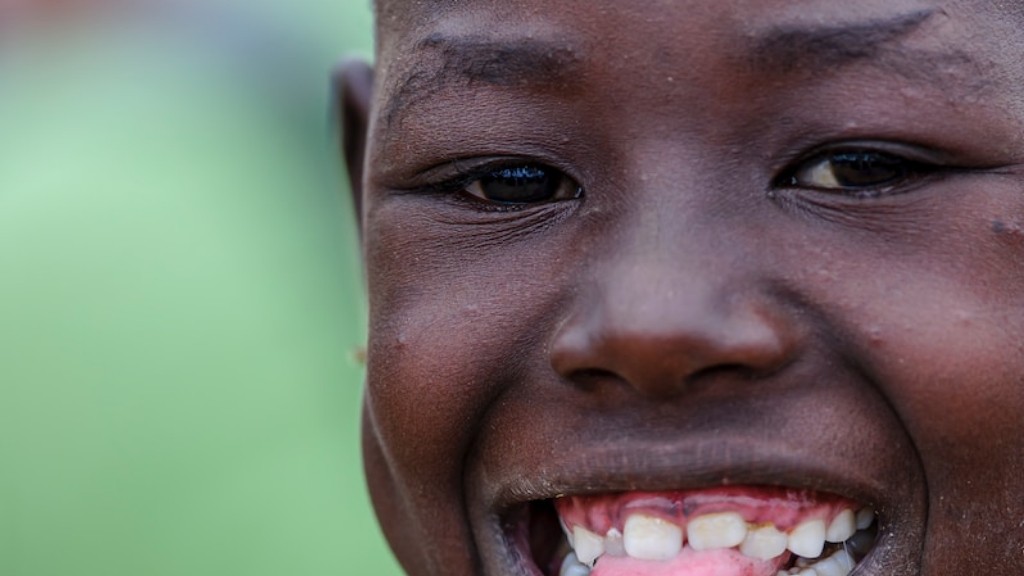Exploring the Rich Cultural Heritage of Ghana: Three Prominent Tribes
Ghana, a vibrant country located in West Africa, is known for its fascinating cultural diversity. Home to numerous tribes, each with unique customs and traditions, Ghana offers a treasure trove of heritage waiting to be discovered. In this article, we will delve into the lives and traditions of three prominent tribes that have played a significant role in shaping Ghana’s identity.
Ashanti Tribe: Guardians of the Golden Stool
The Ashanti tribe, also known as the Asante, is one of Ghana’s largest and most powerful tribes. They trace their origins to the Kingdom of Ashanti, an empire that thrived in the central part of modern-day Ghana. Renowned for their cultivation of gold, the Ashanti have a strong reverence for this precious metal, considering it a symbol of wealth and power.
One of the most intriguing aspects of Ashanti culture is their political system, centered around the Golden Stool. The Golden Stool represents the unity and sovereignty of the Ashanti people. According to legend, the stool descended from the heavens and remains a sacred object, never to touch the ground. It serves as the repository of the Ashanti’s ancestral spirits and the embodiment of their collective strength.
Dr. Kwame Ansah, an expert in Ashanti history, explains, “The Golden Stool acts as a unifying force for the Ashanti tribe. It symbolizes their rich heritage and serves as a reminder of their past resilience in the face of colonialism and struggles for independence.”
Ewe Tribe: Guardians of Ancestral Beliefs
The Ewe tribe, located primarily in southeastern Ghana, Togo, and Benin, is renowned for their vibrant cultural festivals and strong connection to their ancestral beliefs. With a rich history of migration, the Ewe have integrated various cultural elements, creating a unique identity that sets them apart.
One of the key aspects of Ewe culture is their belief in Vodun, a religious and spiritual practice commonly known as Voodoo. For the Ewe, Vodun serves as a way to communicate and seek guidance from their ancestors. Ceremonies involving drumming, dancing, and sacrifices are integral to this belief system, allowing individuals to connect with the spiritual realm.
Professor Ama Akuaku, an expert in Ewe culture, states, “Vodun provides a sense of belonging and guidance for the Ewe people. It reinforces their cultural identity and helps them maintain a strong connection to their roots.”
Fante Tribe: Coastal Heritage and Trading Legacy
The Fante tribe, indigenous to the coastal regions of Ghana, has a longstanding history of trade and commerce. Their coastal location facilitated interactions with European traders, contributing to the development of a rich cultural tapestry blending African and European influences.
The Fante people have a deep-rooted connection to the sea, which is reflected in their vibrant fishing industry and festivals such as the Bakatue Festival. This cultural celebration marks the beginning of the fishing season and is accompanied by colorful processions, boat rides, and various rituals to honor the sea god and ensure bountiful harvests.
Dr. Nana Boateng, a historian specializing in Fante heritage, explains, “The Fante tribe’s coastal heritage is central to their identity. Their interactions with European traders during the colonial era have left a lasting impact on their culture, art, and even cuisine.”
Dagomba Tribe: Cultural Melting Pot of Ghana’s North
The Dagomba tribe, located in the northern regions of Ghana, boasts a rich cultural heritage influenced by migration and trade. Known for their strong Islamic traditions and hierarchical social structure, the Dagomba have preserved their customs and rituals throughout the centuries.
One of the unique aspects of Dagomba culture is the annual Damba Festival, celebrated with great pomp and splendor. This festival combines both Islamic and traditional rituals, featuring horse racing, drumming, and spiritual ceremonies. It serves as a display of unity among the Dagomba people and a symbol of their identity.
Professor Suleman Abdul, an authority on Dagomba culture, explains, “The Damba Festival is a testament to the cultural diversity within Ghana. It brings together people from different backgrounds, fostering a sense of belonging and preserving the traditions of the Dagomba tribe.”
